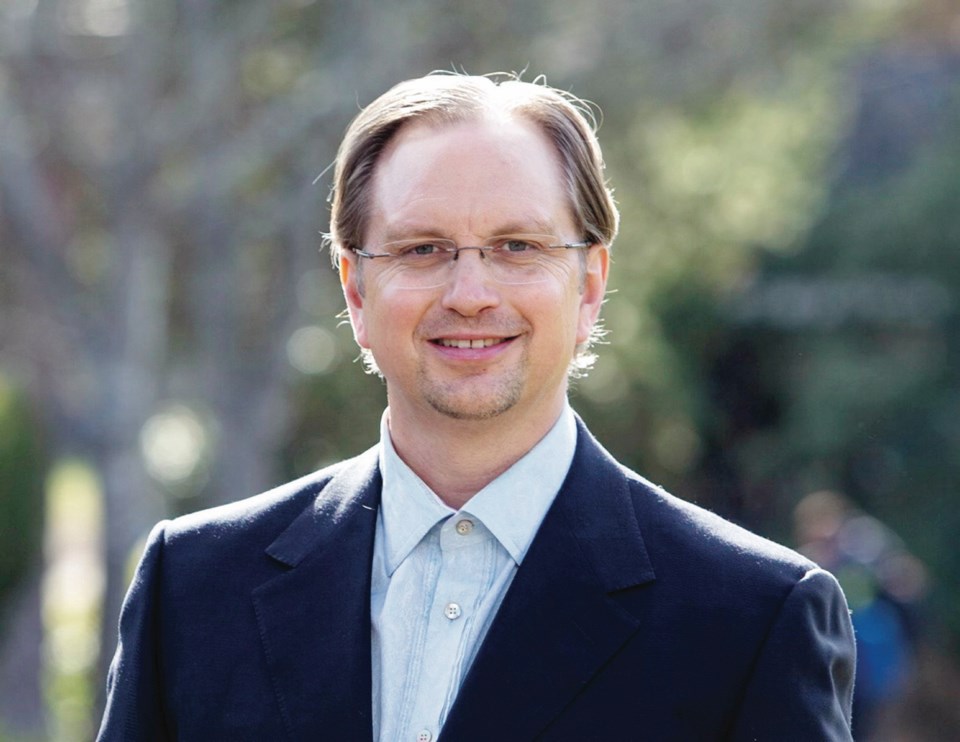As they pursue economic development, Indigenous Peoples are working hard to balance business opportunities with the overall wellness of their communities, says a UVic business professor.
Prof. Brent Mainprize from the Gustavson School of Business at the University of Victoria has spent years working with Indigenous communities and enterprises, and says economic choices are always guided by the aim of improving the health, wellness and prosperity of community members.
For Ideafest, he and law professor John Borrows, Canada Research Chair in Indigenous Law, will moderate a panel discussion called WISE, Wellness and Indigenous Sustainable Economies.
Panel participants will include representatives drawn from six First Nations to offer community-level perspectives on achieving a balance of economic development with a healthy community.
The audience will hear from Peter Lantin, past president of the Haida Nation; Simoogit Galga (Arthur Mercer) of the Nisga’a Nation; Christina Clarke, CEO of the Songhees Development Corporation; Tricia Thomas, entrepreneur and strategic adviser for economic development for the Halalt Nation; Tom Child, past lands manager for the Kwakiutl Nation; and Anna (Sam) Hudson, executive director of the Akisqnuk Nation.
Each of the community leaders on the panel is expected to share personal experiences of balancing economic development with community well-being, through a consideration of culture, legal issues, modern treaties, resources, governance, demographics and healing from trauma.
Mainprize said at a time when Wet’suwet’en hereditary chiefs’ fight over a natural gas pipeline through their traditional territory is making news across Canada, the panel discussion is a great way to gain broader appreciation of challenges faced by Indigenous communities.
For a start, he said if his experience has taught him anything, it’s to expect different viewpoints from different First Nations, because each is unique.
“There is no one-size-fits-all for any nation, whether that’s around the world or across different Indigenous nations within the Canadian context,” said Mainprize.
He expects discussion of issues such as economic entrepreneurship, community physical and mental health, legal issues, or cultural preservation. But each First Nation will be offering their own viewpoints.
Mainprize said he doesn’t expect the panel to present a big-issue, wide-reaching political discussion. Instead, what people will hear is the individual experiences of panelists in their own communities.
“It’s going to be six really engaging stories about journeys of individual nations,” said Mainprize. “People who attend are going to hear those right from people who have been in their own nations making those decisions.”
WISE: Wellness and Indigenous Sustainable Economies is set for Tuesday, March 3, 6- 8:30 p.m. at the First Peoples House Ceremonial Hall.



